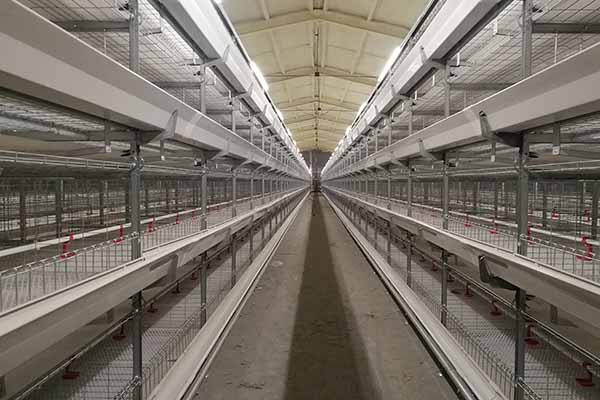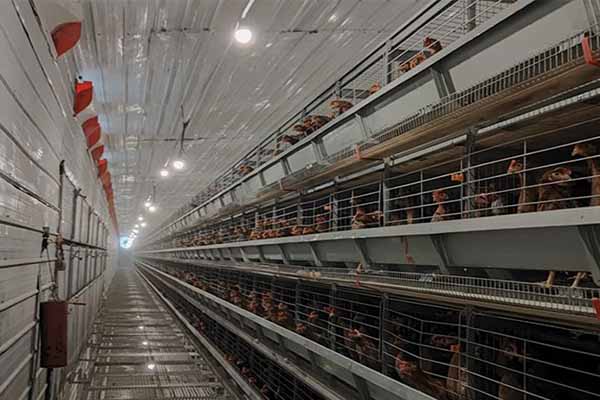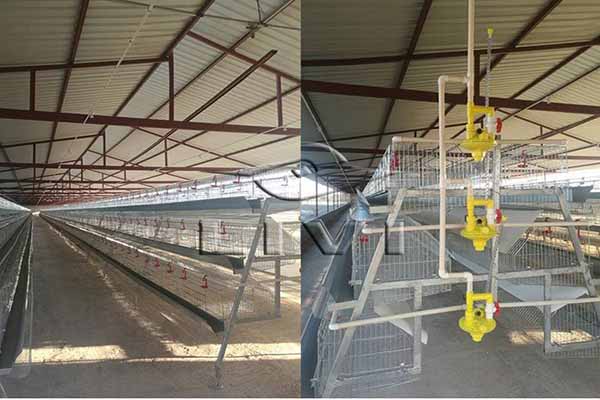Unlocking the Potential of Kienyeji Chicken Farming in Kenya
Time : 2025-05-13
Chicken farming has become a crucial component of Kenya’s agricultural landscape, with the Kienyeji chicken variety taking center stage. These indigenous birds are not just a source of meat and eggs but also a symbol of sustainable farming practices. In this article, we’ll dive into the world of Kienyeji chicken farming in Kenya, exploring its benefits, challenges, and how it’s reshaping the industry.
Understanding Kienyeji Chicken Farming
Kienyeji chickens are a type of chicken indigenous to Kenya. They are known for their robust health, adaptability to local climate conditions, and the superior taste of their meat and eggs. Unlike commercial chicken breeds, Kienyeji chickens are raised naturally, which means they are not subjected to intensive farming methods.
Why Kienyeji Chickens are Popular in Kenya
- Adaptability: Kienyeji chickens are well-suited to Kenya’s diverse climate, making them a reliable choice for farmers across the country.
- Health: The natural lifestyle of Kienyeji chickens contributes to their overall health, resulting in fewer veterinary costs for farmers.
- Productivity: While Kienyeji chickens may not lay as many eggs as commercial breeds, the quality and taste of their eggs are superior.
- Economic Value: Raising Kienyeji chickens can be a more cost-effective option for small-scale farmers.
Starting a Kienyeji Chicken Farm
Starting a Kienyeji chicken farm in Kenya can be a rewarding venture. Here are some steps to get you started:

1. Research and Planning
Before diving into chicken farming, it’s essential to conduct thorough research. Learn about the market demand, local regulations, and the best practices for raising Kienyeji chickens.
2. Land and Infrastructure
Choose a suitable location for your farm, ensuring it has access to clean water and is free from predators. You’ll also need to construct chicken coops or pens that provide enough space for the chickens to move around and foraging opportunities.
3. Acquiring Chickens
Obtain Kienyeji chickens from a reputable source. Look for healthy birds that exhibit the characteristic traits of the breed.
4. Feeding and Management
Kienyeji chickens thrive on a varied diet, including insects, seeds, and grains. Supplement their diet with commercial chicken feed to ensure they receive all the necessary nutrients.
5. Marketing Your Produce
Develop a marketing strategy to sell your chickens and eggs. Local markets, restaurants, and urban consumers are potential buyers.
a marketing strategy to sell your chickens and eggs. Local markets, restaurants, and urban consumers are potential buyers.
Challenges and Solutions in Kienyeji Chicken Farming
While Kienyeji chicken farming presents numerous opportunities, it also comes with its set of challenges. Here are some common issues and potential solutions:
1. Predator Control
Predators can be a significant threat to your chicken flock. Implementing secure fencing and using predator-proof coops can help protect your chickens.
2. Disease Management
Proper hygiene and vaccination programs a re crucial for preventing diseases in your flock. Consult with a veterinarian to establish a suitable vaccination schedule.
re crucial for preventing diseases in your flock. Consult with a veterinarian to establish a suitable vaccination schedule.
3. Market Access
Accessing markets can be challenging for small-scale farmers. Consider forming cooperatives or joining agricultural organizations that can help you connect with buyers.
The Future of Kienyeji Chicken Farming in Kenya
The demand for Kienyeji chicken and its products is growing, and this trend is expected to continue. Here are some key factors contributing to the future of Kienyeji chicken farming in Kenya:
- Consumer Preferences: There is a growing preference for organic and locally-sourced products, which is beneficial for Kienyeji chicken farmers.
- Innovation and Technology: Advances in technology can help improve efficiency and productivity on Kienyeji chicken farms.
- <strongGovernment Support: The Kenyan government is increasingly recognizing the importance of small-scale farming and is providing support through various programs.
By embracing sustainable practices and leveraging the strengths of Kienyeji chickens, farmers in Kenya can look forward to a prosperous future in the poultry industry.











